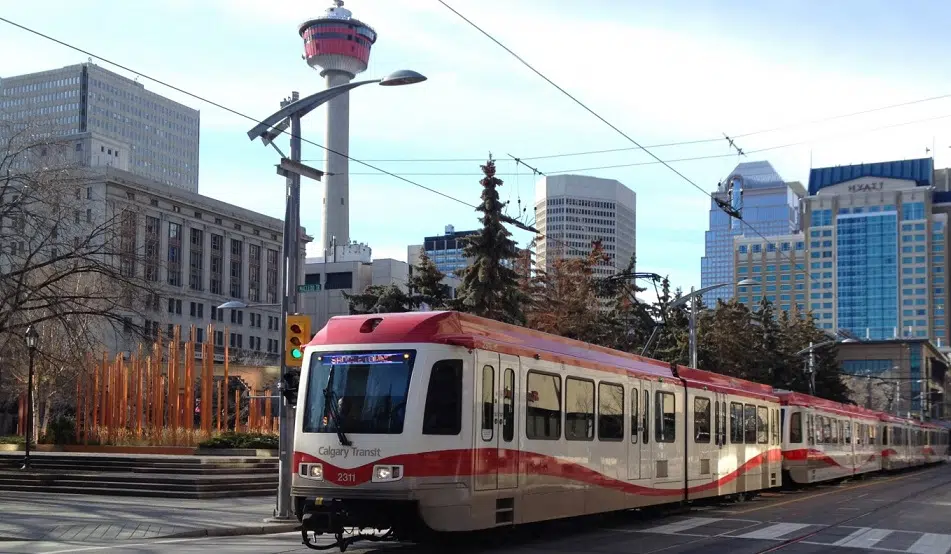To paraphrase Bismarck, those who enjoy sausages and care about good policy probably shouldn’t look too carefully at how either is made. This past week at a policy breakfast in Calgary, while the cheese sausages went down as a treat, the rarely-seen ugly side of public policy making was on display. There, a pro-taxi deregulation speaker was bound to raise the attention of the taxi industry (Karen Cameron with twenty years’ experience in public transportation matters did just that) but the resulting behavior of one vested interest in Calgary’s taxi industry would have made any sensible Calgarian queasy.
Some background on the problem: Calgary has had 1,311 standard taxi licenses since 1986. Had those numbers grown at the same rate as the workforce, a reasonable indicator of economic activity, there would now be 2,495 –almost two for one. Every time you can’t get a cab, have to wait a long time, or just don’t call one in case one of the above occurs, that extra cab the city hasn’t allowed for since 1986 is to blame. Meanwhile the price of these scarce licenses, such as there can be a price in the shrouded license market, has reportedly hit six figures.
It’s not that Calgary aldermen have been trying to phase-out cabs for the last two decades; the making of public policy has just been ugly. Often, it is not even the drivers who own the valuable licenses; in fact, they must rent them as an operating cost. No, it is a very small number of people who own dozens, perhaps hundreds of these licenses who have millions to lose (do the math) from an expansion of the taxi industry, which would be accompanied by a loss of their licenses’ scarcity value.
Naturally, when a government-granted quasi-monopoly is threatened, some get upset. And so it was with the one fellow with a vast interest in a vast taxi empire who showed up and embarrassed himself at breakfast. To prevent him further shame, I’ll spare readers his name, but the behaviour was that of an impetuous youngster; the guest in question first strained every muscle in his face to affect a supercilious grin for most of the hour, coughed bulls#*t under his breath during the speaker’s talk, and then tried to spark chatter with other guests during the speaker’s presentation. All of it suggested the vested interest was there more for disruption than for a useful conversation about taxi policy.
While the other big industry player showed a great sense of decorum, one couldn’t help but feel that both would be lost without the more skillful man sitting between them. Coming across as an elderly version of Thank You for Smoking’s star tobacco lobbyist Nick Naylor, this man appeared to be acting as a lobbyist for the two industry magnates present.
It was he who attempted to discredit any notion of taxi licence reform in Calgary by holding up a series of Irish newspaper clippings that highlighted some taxi driver protests and thus demanded this author “correct” my use of Ireland as a model for taxi deregulation.
Reality check: Irish taxi numbers have exploded since deregulation and a relatively small proportion of drivers, who would like a return of government protection from competition, have staged protests recently. However the public doesn’t seem to be complaining about widely available cabs. In fact, any protests are as much a testament to the resilience of the taxi lobby as a public policy failure. Only Calgary’s taxi industry is capable of seeing abundant cabs as a problem.
As I watched the taxi industry’s insiders drive off, not in taxis but in luxury convertibles and SUVs, several aspects of public policy making in the taxi industry became clear. First, this is why there have been no new regular licenses for 23 years. When a small gathering of people so much as discuss taxi deregulation over breakfast industry people feel it necessary to show up and, in some cases, to disrupt anyone in favour of opening up the industry. Any group of Calgary Alderman who face this down will need to be firm and principled indeed.
Second, I was reminded of how consumers suffer when the desire to protect inherited political or family privileges becomes more important than allowing smart policy on cabs; the latter would provide choice for consumers on price and service, more jobs, and better pay for drivers instead of cab company owners; that’s the finding of a recent OECD study of over 20 countries.
Other countries have shown deregulation can mean big opportunities for innovative incumbents. Almost all Calgarians would benefit from a system that cultivates more of them and less of political lobbying. But City Hall should expect a fight from the vested interests.


